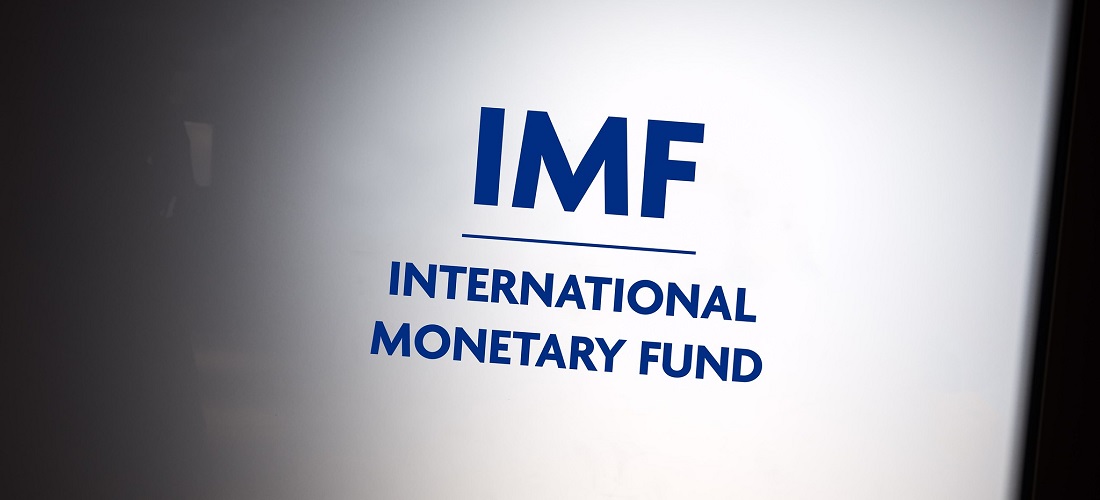
IMF expects Brazil to become world’s ninth-largest economy this year
Oct, 16, 2023 Posted by Gabriel MalheirosWeek 202341
The combination of a stronger currency and faster-than-expected gross domestic product growth will help Brazil become the world’s ninth-largest economy this year, according to a new forecast by the International Monetary Fund.
Last year, Brazil was the world’s 11th largest economy, and the IMF’s April forecast was that the country would move up one position this year and reach ninth place next year —the last time Brazil’s GDP was in this position was in 2019, before the pandemic.
According to the current forecast, Brazil’s GDP will total $2.127 trillion this year, $9 billion more than Canada, which would drop to tenth place. In eighth place, not far behind, is Italy with $2.186 trillion. In seventh place is France ($3.049 trillion).
The change is largely due to new projections for GDP growth. The Fund now estimates that the Brazilian economy will grow by 3.1%, compared with a forecast of 0.9% in April. This difference of 2.2 percentage points was the fifth largest among the 191 places where the IMF has made projections for this year, only behind economies much smaller than Brazil’s: Macau, Samoa, Ukraine, and Georgia.
In Brazil, growth has proven to be more resilient than expected in 2023, the IMF report said last week.
The big surprise with Brazil’s GDP growth is due to a number of reasons, Rodrigo Valdés, director of the fund’s Western Hemisphere department, said on Friday. He cited the strength of agriculture, the effects of reforms over time, and a better macroeconomic outlook. The IMF expects Brazil’s GDP growth to slow to 1.5 percent in 2024, a scenario similar to that of the Focus Bulletin, the Central Bank’s weekly consultation with financial institutions and consulting firms.
The other important part of the equation, which should allow Brazil to overtake Canada as the world’s ninth-largest economy this year, is the exchange rate. In the April scenario, the Fund projected that the average rate would be R$5.13 per dollar, and in October that rate rose to R$4.99. Since the calculation involves converting the value of Brazil’s current GDP into dollars, the more the Brazilian currency appreciates, the higher the dollar value of GDP.
If the average exchange rate forecast remained at R$5.13 per dollar, GDP in current values would be $47 billion lower, which would put the country back in tenth place.
Despite the turbulent external scenario (with doubts about the direction of interest rates in the U.S. and Russia’s continued invasion of Ukraine), the dollar depreciated 3.6% against the real during the year. Factors such as the progress of the tax reform in Congress, the approval of the fiscal framework and the stronger than expected growth of the economy favored the appreciation of the real, especially until August, when the exchange rate was at R$4.8 per dollar, compared to R$5.45 at the beginning of the year. On Friday 13, the exchange rate was at R$5.09 per dollar.
The tension in the Middle East since Hamas’s attacks on Israel is one of the factors that could affect the exchange rate, inflation, and global economic growth in the coming months.
Asked about the possible impact of the war between Israel and Hamas on Brazil, the IMF’s Mr. Valdés said that the conflict was a “dark cloud for the future” of the global economy as a whole, but also that it was “too early to draw very significant conclusions.”
Mr. Valdés acknowledged that some countries in the region could benefit from higher oil prices, for example, but that the majority would suffer.
In the Fund’s current scenario, Brazil will fall to tenth in the world in 2025 and rise to eighth the following year, a position it will hold until at least 2028, the horizon of the IMF’s forecasts. The big news for this period is that India, currently the world’s fifth largest economy, will be third by 2028, overtaking Japan and Germany.
The last time Brazil boasted the seventh largest GDP in the world was in 2014, but the country’s crisis the following year ended a period of five consecutive years in this position and began a period of local economy losing ground in the global comparison, culminating in 12th place in 2021.
This year, the IMF projects that the Brazilian economy will account for 2.04% of world GDP. In 2014, this share was 3.09%.
-
Grains
Nov, 22, 2022
0
Lack of foreign exchange pauses agrochemical production in Argentina
-
Ports and Terminals
Mar, 29, 2020
0
Ponta do Felix Port Terminals presents its plan to help during pandemic
-
Ports and Terminals
Feb, 14, 2023
0
Ipiranga invests BRL 80 million in new base at the Port of Mucuripe and predicts expansion
-
Jun, 22, 2023
0
Asset manager ditches COSCO over climate engagement

